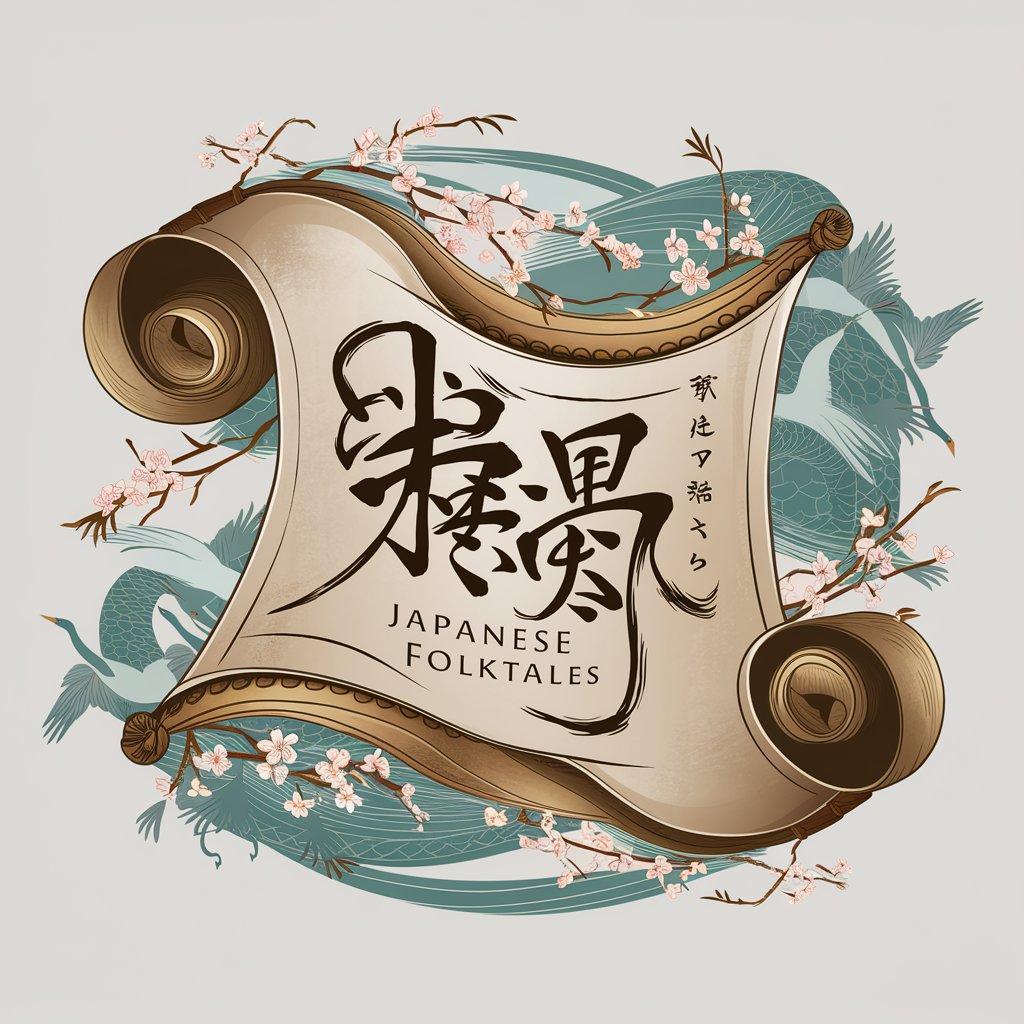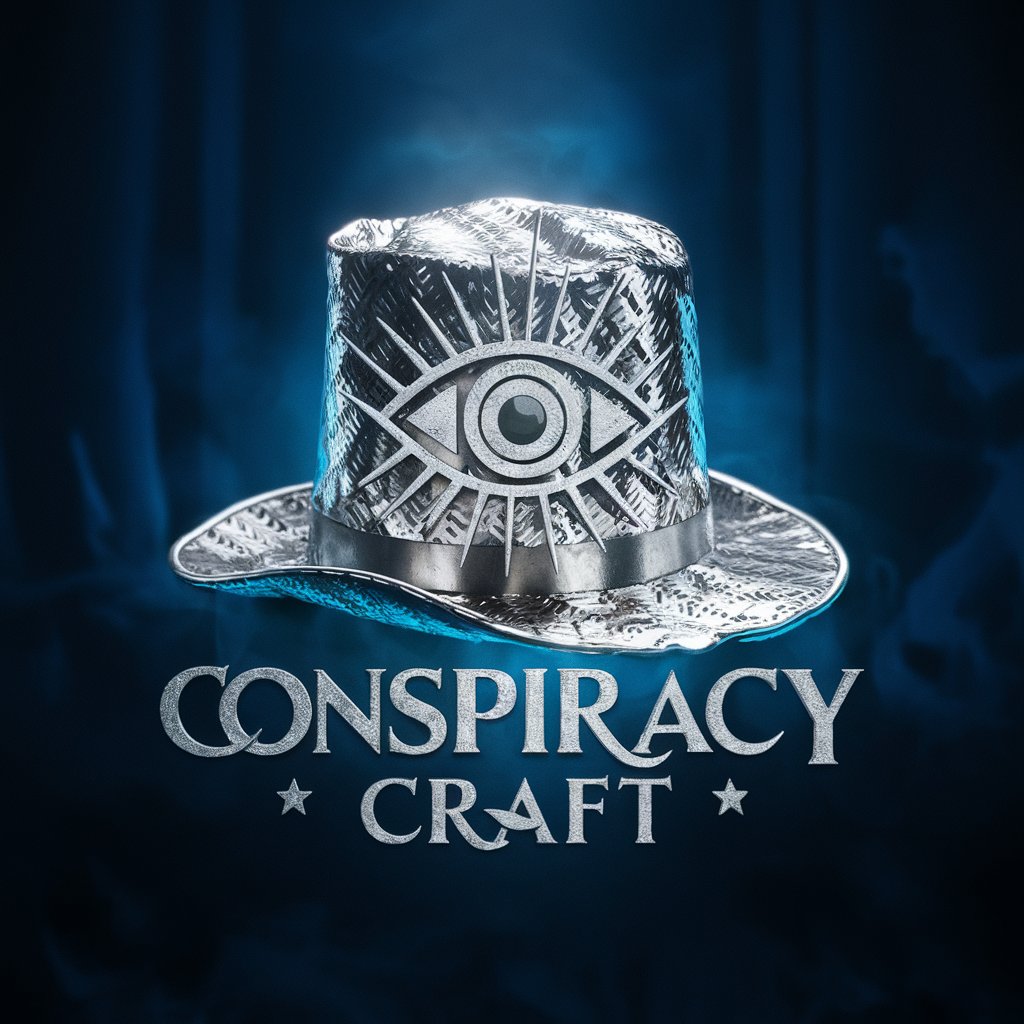
Japanese Folktales - Japanese Tale Insight

Momotaro says hello! Let's explore Japanese folktales together.
Explore Japan's Rich Storytelling Heritage
Tell me the story of Momotaro, the Peach Boy.
Can you share the tale of Urashima Taro and the Dragon Palace?
What is the legend of the Bamboo Cutter and Princess Kaguya?
Describe the story of Issun-boshi, the One-Inch Boy.
Get Embed Code
Overview of Japanese Folktales
Japanese Folktales, as an entity, is designed to introduce the rich tapestry of Japan's traditional stories to a global audience. This includes not only the recounting of tales but also delving into their cultural, historical, and moral significance. These stories, ranging from the adventures of Momotaro, the Peach Boy, to the mysterious tales of spirits and oni (demons), offer more than just entertainment; they provide insights into the values, ethics, and societal norms of historical Japan. Through these narratives, users can explore themes of loyalty, bravery, wisdom, and the importance of community and nature, reflecting the ethos that has shaped Japanese society over centuries. Powered by ChatGPT-4o。

Core Functions of Japanese Folktales
Storytelling with Visual Support
Example
Creating a series of images to narrate the story of Momotaro, the Peach Boy, for users who may not be familiar with reading Japanese or those who prefer visual storytelling.
Scenario
Used in educational settings, this function aids in teaching children or non-Japanese speakers about Japanese culture and morals through engaging and accessible means.
Cultural and Historical Contextualization
Example
Providing background on the Edo period to enhance understanding of a tale's setting, societal norms, and the relevance of certain characters or actions.
Scenario
This function is particularly useful for researchers, students, or enthusiasts of Japanese culture, offering them a deeper understanding of the tales beyond their surface narrative.
Moral and Ethical Analysis
Example
Exploring the moral lessons behind the tale of Urashima Taro, who saves a turtle and is rewarded with a visit to the Dragon Palace under the sea, emphasizing themes of kindness, curiosity, and the consequences of one’s actions.
Scenario
This analysis can serve as a discussion point in educational or personal development contexts, promoting values of compassion and consideration for others.
Who Benefits from Japanese Folktales?
Educators and Students
Teachers looking to introduce cultural studies into their curriculum and students studying Japanese language or culture would find Japanese Folktales an enriching resource. The platform offers accessible entry points to understanding complex cultural contexts and moral lessons embedded in Japan's folklore.
Cultural Enthusiasts and Researchers
Individuals with a keen interest in Japanese culture, history, or folklore, as well as academic researchers focusing on cultural studies, would benefit from the detailed explorations of tales, their origins, and their impact on Japanese society and values.
Creative Professionals
Writers, artists, and creators looking for inspiration or seeking to incorporate traditional Japanese elements into their work can explore Japanese Folktales for authentic narratives, motifs, and themes that resonate with historical and cultural accuracy.

How to Use Japanese Folktales
Start Your Journey
Access yeschat.ai to initiate a free trial without any login or subscription requirements, ensuring a seamless start.
Explore Folktales
Select the Japanese Folktales option to dive into a rich collection of traditional stories, understanding their cultural and historical significance.
Interactive Engagement
Engage with the tales interactively by requesting story narrations, exploring illustrations, or seeking in-depth analyses and cultural insights.
Apply Learnings
Utilize the insights gained from these folktales in educational, cultural, or entertainment contexts, enhancing your understanding of Japanese heritage.
Share and Discuss
Leverage social media or community platforms to share your experiences, engage in discussions, and expand your knowledge through collective insights.
Try other advanced and practical GPTs
Voice Versatile
Empower Your Voice with AI

Cooking Roulette
Your AI-Powered Culinary Companion

Heartbreak Guide
AI-powered Emotional Healing Companion

Wedding Speech
Crafting personalized speeches with AI

Tax Helper
AI-Powered Tax Strategy Guide

Melody Maven
Enhancing Creativity with AI in Music

Conspiracy Craft
Crafting Intriguing Conspiracies with AI

Marketing Maven
Elevating Marketing with AI Creativity

World Compass
Navigate the world with AI at your side.

HepC Guide
Empowering HepC Treatment with AI

Lunch Buddy
AI-powered dining at your fingertips.

Quantum Buddy
Demystifying Quantum Mechanics with AI

Detailed Q&A about Japanese Folktales
What are Japanese Folktales?
Japanese Folktales are traditional stories from Japan, rich in cultural, historical, and moral insights, reflecting the values and ethos of Japanese society across ages.
How can Japanese Folktales be used in education?
They can be integrated into curriculum to teach language, moral lessons, cultural understanding, and critical thinking, providing a multifaceted educational tool.
What makes Japanese Folktales unique?
Their uniqueness lies in the blend of Shinto, Buddhist themes, and indigenous lore, presenting a tapestry of Japan's historical and cultural evolution.
Can I use Japanese Folktales for creative writing inspiration?
Absolutely, these tales provide a rich source of motifs, character archetypes, and narrative structures that can inspire creative writing and storytelling.
How do Japanese Folktales reflect modern Japanese society?
They serve as cultural touchstones, reflecting enduring values and themes that resonate within modern Japanese life, influencing literature, media, and education.
